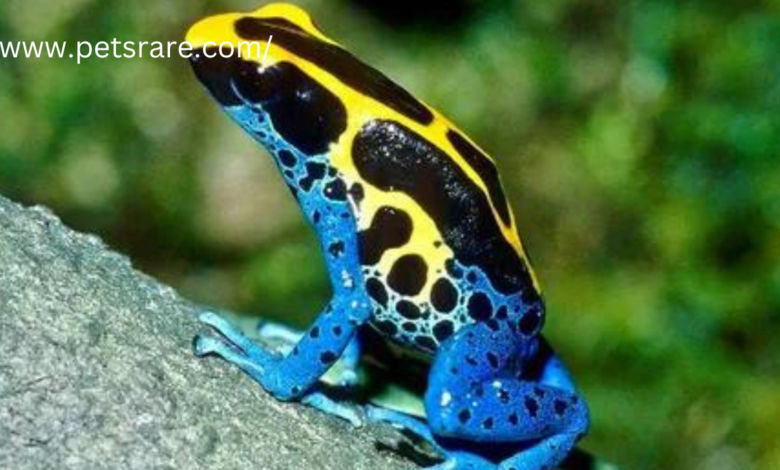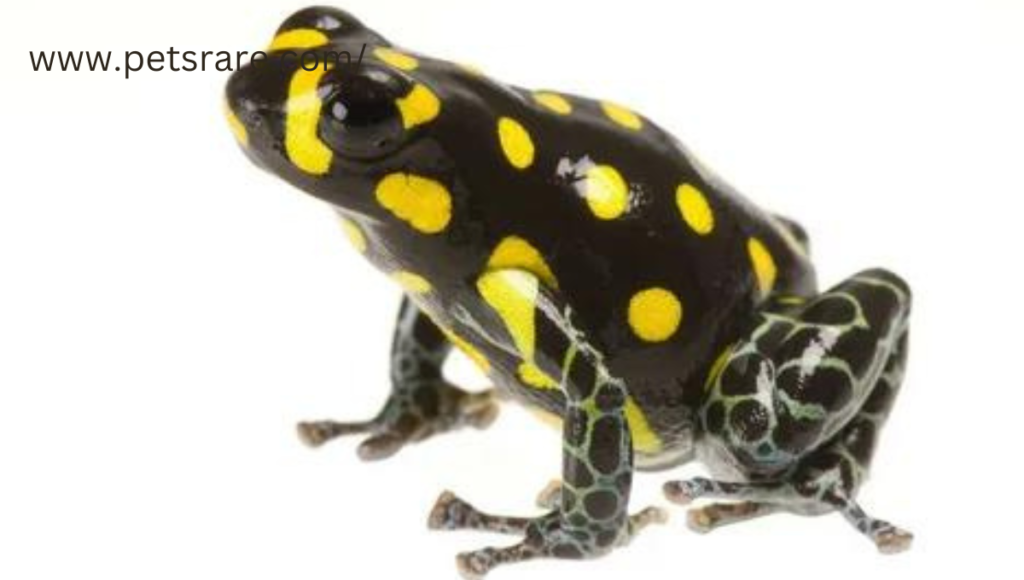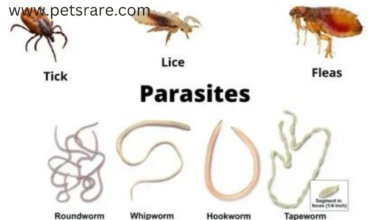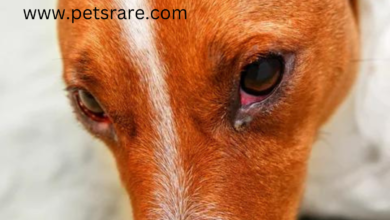Rare pet amphibians for collectors

Rare pet amphibians for collectors
Owning a rare pet amphibian can be a rewarding experience for dedicated collectors. These unique creatures exhibit charming behavior and striking appearance. However, it is critical to approach amphibian ownership with knowledge and respect for their specific needs.
Understanding Rare Amphibian Care
- Thorough Research: Before acquiring a rare amphibian, conduct extensive research into its natural habitat, diet, and behavior.
- Special Care: These animals often require specific environmental conditions such as temperature, humidity and water quality.
- Veterinary Care: Find a veterinarian experienced in amphibian care for regular checkups and emergencies.
Unique amphibian species for collectors
- Purple Frog (Nasikabatrachus sahyadricus): This incredibly rare and strange looking frog spends most of its life underground. It requires specific soil conditions and a humid environment.
- Golden Mantilla (Mantella aurantica): Native to Madagascar, this vibrant frog is highly sought after by collectors. It is a poisonous species that requires caution and a specific diet.
- Bolivian Mud Lizard (Trogonophis wisni): Although technically a reptile, this legless creature is often placed with amphibians due to its similar habitat requirements. It requires a humid, subterranean environment.
- Mexican Walking Fish (Ambystoma mexicanum): This aquatic salamander, known for its regenerative abilities, is a popular choice for collectors. It requires cool, clean water and a specific diet.

Amphibian Care Considerations
| species Residency Requirements | Food |
|—|—|—|
| Purple Frog | Underground, humid environment, special soil Bugs, bugs |
| Golden Mantilla | Tropical rainforest conditions, high humidity Small bugs
| Bolivian Mud Lizard | Underground, humid environment, loose substrate Bugs, bugs |
| Mexican Walking Fish | Aquatic environment, cold water, hiding places Live or frozen bloodworms

Frequently Asked Questions
- Is it legal to own amphibians? Laws regarding amphibian ownership vary by location. Check local regulations before acquiring any species.
- How difficult are these amphibians to care for? Rare amphibians often require special care and attention to detail. Be ready for challenges.
- Can I handle these amphibians? Some amphibians are sensitive to handling and may excrete toxins. Research specific handling guidelines for each species.

Result
Owning a rare amphibian is a privilege that comes with significant responsibility. These extraordinary creatures require special care and a deep understanding of their needs. By providing the right environment, food, and veterinary care, you can create a thriving habitat for your unique pet. Remember, responsible ownership includes ongoing research, conservation efforts, and a commitment to animal welfare.





